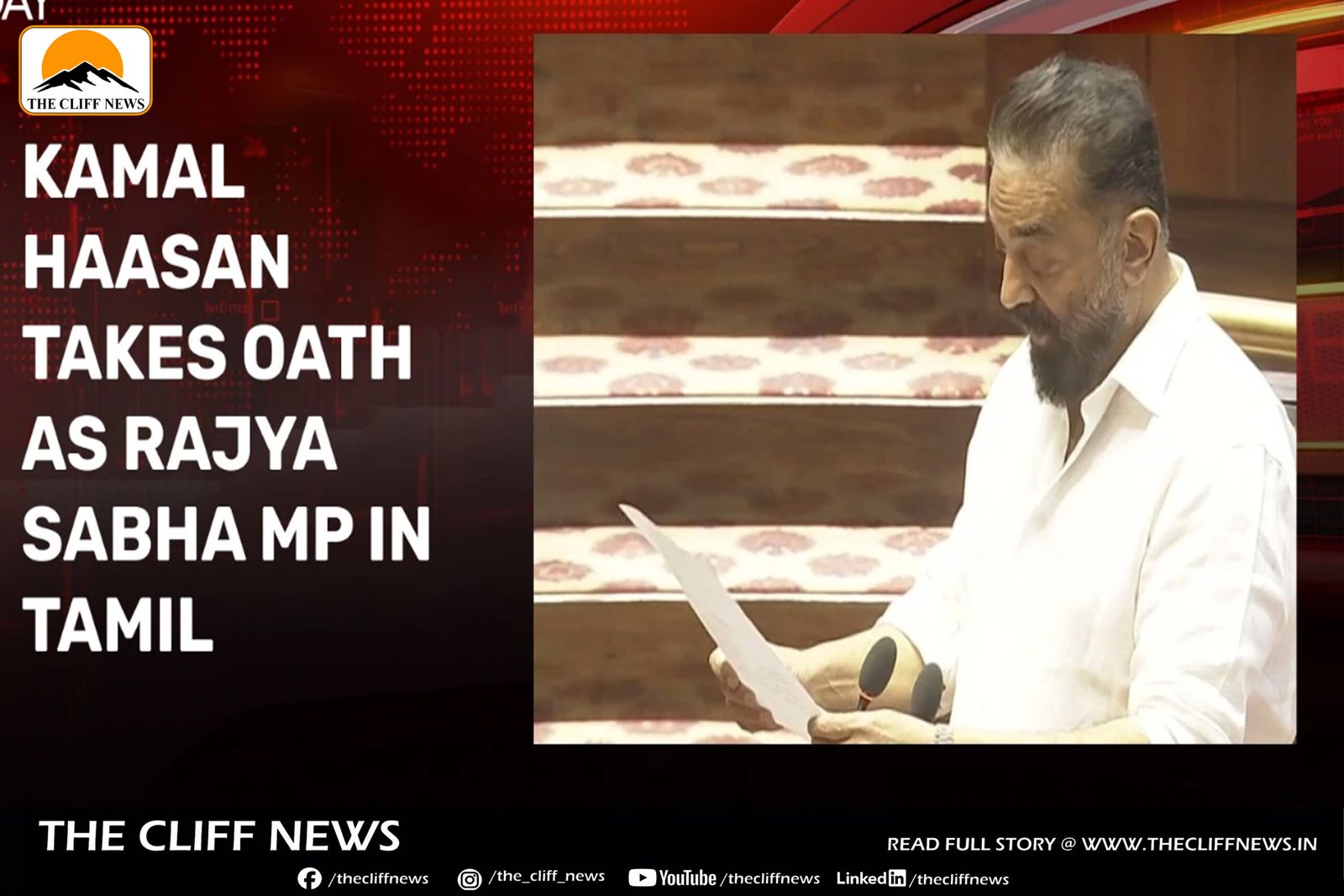Stand-up comedian Swati Sachdeva has found herself at the center of a heated debate after a clip from her recent YouTube episode went viral. In the video, she jokes about her mother finding her vibrator, and the internet has been divided ever since.
The joke in question involves Sachdeva humorously recounting her mother’s reaction upon finding the device, with a punchline suggesting that her mother referred to it as a “gadget” or “toy”. Swati even quipped, “I swear, Mom, it belongs to Papa,” to which her mother replied, “Don’t speak nonsense; I know his choice.”
The episode, titled “Family First”, features a range of jokes and carries a disclaimer cautioning viewers about strong language and adult humour. Despite this, social media users are questioning whether such jokes cross the line when they involve family dynamics, especially parents.
Divided Reactions Online
The clip has sparked outrage among some netizens, with users branding it as “vulgar”, “cheap”, and “cringeworthy”. Some have also drawn parallels between Swati’s situation and the recent controversies involving YouTubers Ranveer Allahbadia and Samay Raina, who faced backlash for their jokes and even legal issues.
One user commented:
“This is what comedy has become? Just vulgarity and cheap jokes?”
Another wrote:
“If Ranveer and Samay faced legal action for their jokes, will Swati be next?”
However, there’s also a segment of the audience defending Swati, arguing that comedy is meant to push boundaries and that people should be more tolerant of different styles of humour.
Context of the Controversy
The backlash comes shortly after YouTuber Samay Raina and Ranveer Allahbadia were criticized for controversial content on Raina’s show, “India’s Got Latent”. Raina was questioned by the Maharashtra Cyber Police, while both YouTubers issued apologies following the uproar.
The Bigger Question: Should Comedy Have Boundaries?
This incident has reignited a long-standing debate:
- Should comedians have the freedom to joke about any subject, or are some topics inherently off-limits?
- Is it fair to scrutinize comedians more harshly compared to other public figures?
- Do disclaimers absolve creators of responsibility, or should they still be mindful of sensitive subjects?
The conversation around boundaries in comedy has been ongoing, with many comedians insisting that offense is subjective and that humour should not be policed. On the other hand, some believe that certain lines should not be crossed, especially when family or intimate topics are involved.
What’s your take on this controversy? Should comedians be more careful, or is the backlash overblown?



